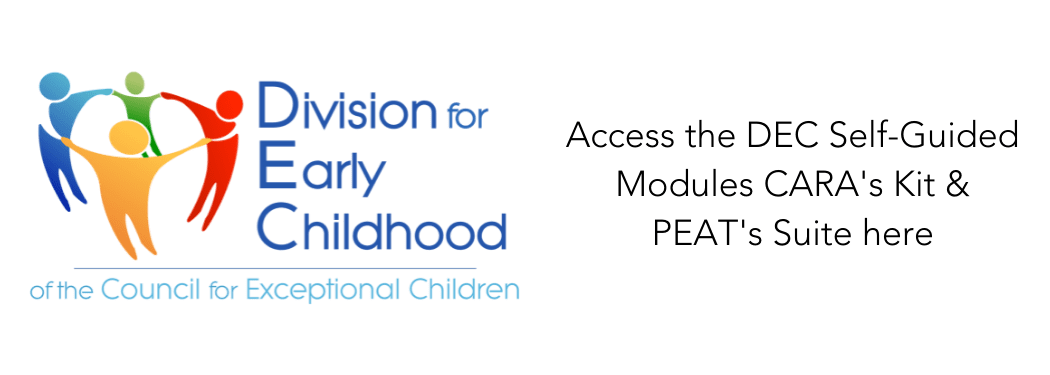CONNECT Modules are FREE practice-focused instructional resources for faculty and other professional development providers. CONNECT modules are designed using a 5-Step Learning Cycle TM, an approach for making evidence-based decisions about practice dilemmas, based on the integration of multiple sources of evidence. Read Factsheet [pdf]
Because the CONNECT Modules are free and do not require users to create an account, you will not receive a certificate of completion.


